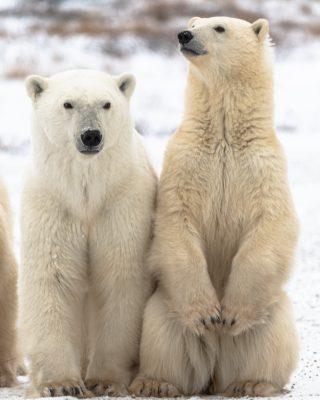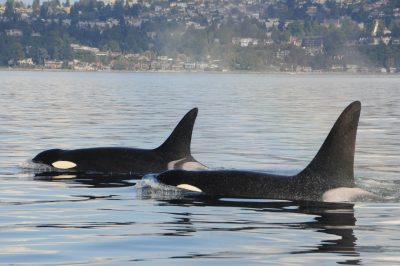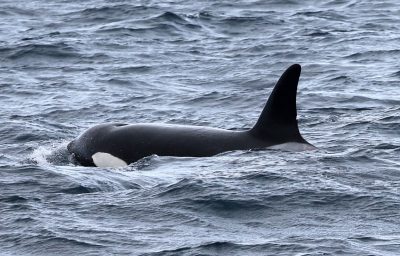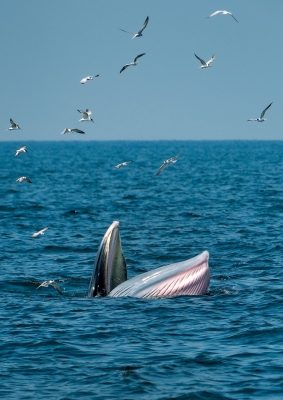Following manatees across changing coastlines
A special focus on Lesser-Known Marine Mammals
Diet alone doesn’t explain divergent health of California Sea Lions in US and Mexico
Instead of asking whether sea lions are eating the right food, the answer, it seems, depends on where they happen to live.
“Ocean Idioms” to teach you about our oceans
In honour of World Ocean Day, we present OCEAN IDIOMS!
Questions about whales, seals, sea lions, or other marine mammals? Dr. Andrew Trites is your ‘go-to’ guy.
Dr. Andrew Trites has won UBC’s President’s Award for Public Education through Media.
Increasing temperatures and salinity result in decreased ecosystem diversity, UBC study finds.
Ecosystems can be impacted and changed by a lot of different things, including human activities, stormwater runoff, contaminants, invasive species, and climate change
IOF faculty members receive funding from Government of Canada
Dr. Marie Auger-Méthé’s Canada Research Chair in Statistical Ecology (Tier II) was renewed, and she, along with Dr. William Cheung and Dr. David Rosen received NSERC Discovery Grant funding.
What could be impacting the food source of Southern Resident killer whales?
There are currently 74 Southern Resident killer whales, and this population is listed as endangered in both Canada and the U.S. The species relies on Pacific salmon (Chinook and coho) for food, however these salmon populations have been decreasing for decades.
Shark-bitten orcas in the Northeastern Pacific could be a new population of killer whale
UBC researchers believe a group of killer whales observed hunting marine mammals including sperm whales, as well as a sea turtle, in the open ocean off California and Oregon could be a new population.
Hungry, hungry otters! Looking at captive sea otters to understand their wild counterparts
These furry marine mammals seem to have bottomless stomachs — what does that mean for the habitats and species around them?









